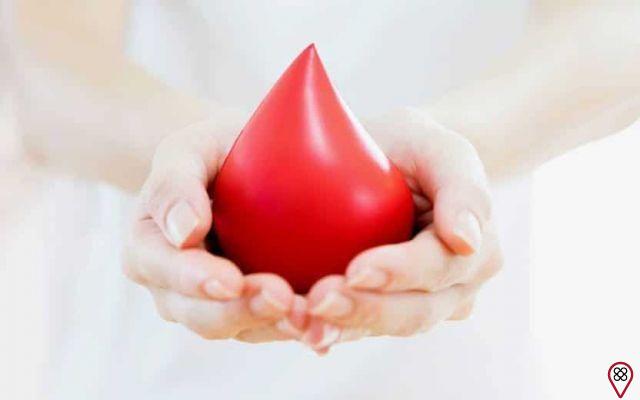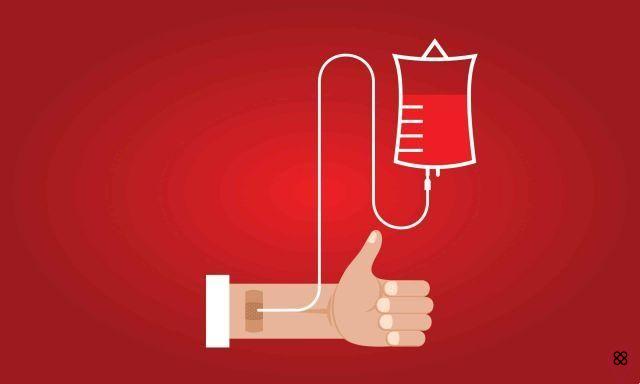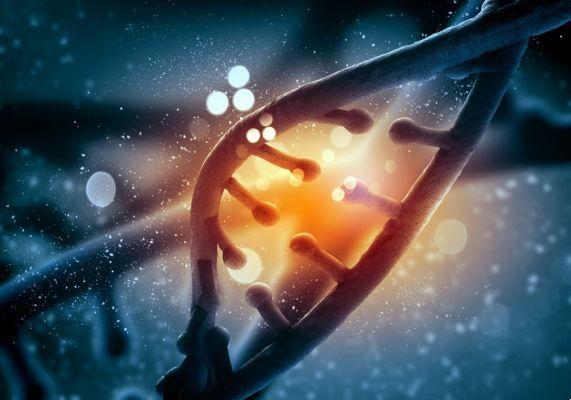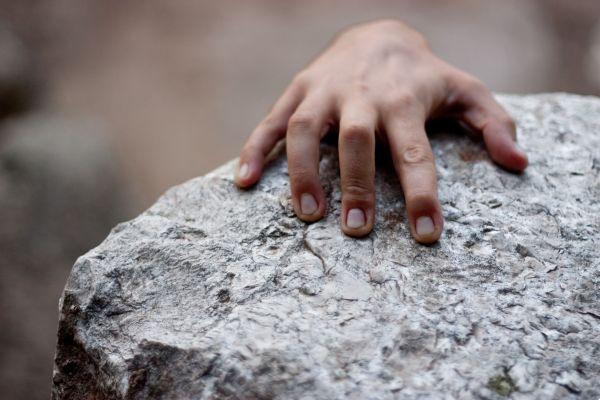On June 14, 1868, in Austria, the immunologist Karl Landsteiner was born. He became known for discovering the Rh factor (which defines whether someone's blood is positive or negative) and diseases derived from each blood type.
Although Karl died in 1943, the discoveries he made are essential to medicine. Therefore, in 2014, the World Health Organization (WHO) decided to honor him and convey a message to the world.
June 14, the immunologist's birth date, became World Blood Donor Day. The relationship of this date to Karl's discovery is simple: the Rh factor defines which blood types can donate to others and from which one can receive.
For example, while people with type O negative blood can donate all blood types, people with type AB positive blood can receive donations of all blood types.

Studies like this are essential for Medicine, because, in many cases, diseases and surgeries cause dependence on blood donation by third parties. The lives of people saved by this gesture are countless, but this is not the only benefit of donating blood.
There is a theory that bases blood donation on three fundamental pillars: love, charity and energy. Each of these factors affects the donor and recipient in different ways.
Donating blood is a gesture of love because, at that moment, what prevails is love for others and for life, valuing the importance of people having the basic conditions to live.
You may also like
- Learn to listen to yourself and then listen to others
- Find out which food is best for your blood type
- Know the details to make a donation of blood
The donation is a show of love both when it is made to relatives and acquaintances and when it is made to anonymous people who are in need of this help.
Donating blood is also an act of charity, because when this act is done, what matters is not the person himself, but the next. It is an attitude that places the other as the most important, as the one who needs help and who must be attended to.
Charity and love, regardless of religion, are always principles preached by the most different doctrines. Although there are controversies about the position of religions on blood donation, the main thing is to think about the pure teachings of any deity.
Finally, the last pillar shows that one person's energy is transmitted to another through blood donation. That's because the intention behind blood donation is always positive, carrying positive energy.
In addition to being an act of love and charity, blood donation is a way of transmitting energy and positive thoughts, both for those who give and for those who receive.

If you want to be part of this life-preserving attitude, pay attention to the following rules for donating blood:
- be between 16 and 68 years old;
- weigh more than 50 kilos;
- not having hepatitis B, hepatitis C, Chagas disease, syphilis, AIDS (HIV), HTLV;
- be well fed and rested;
- wait between 90 and 180 days after giving birth (in the case of women who have just become mothers);
- if you have the flu, wait at least 7 days after recovery to be able to donate.
























